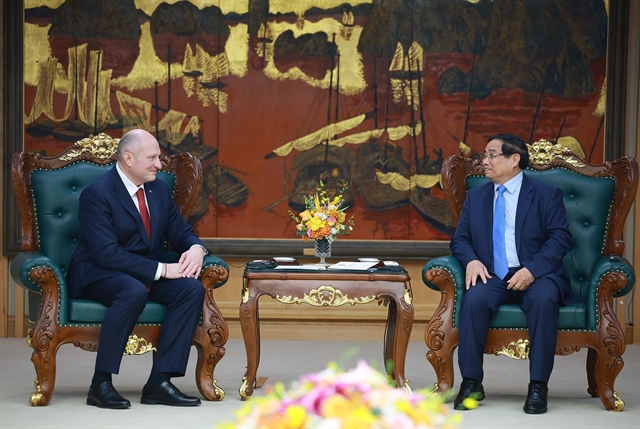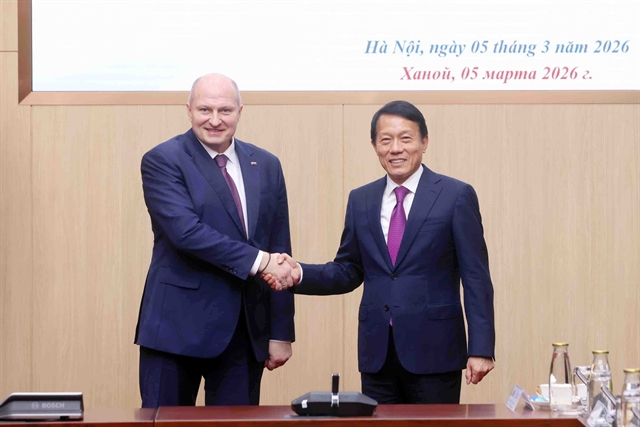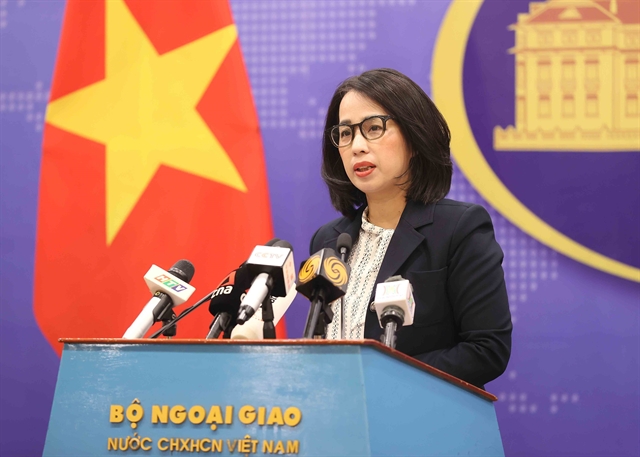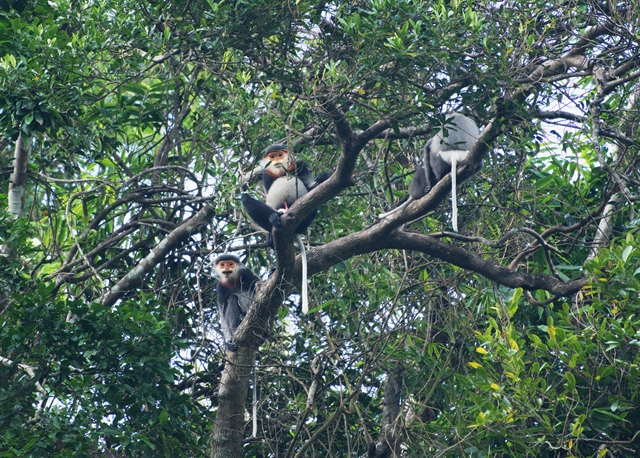 Environment
Environment
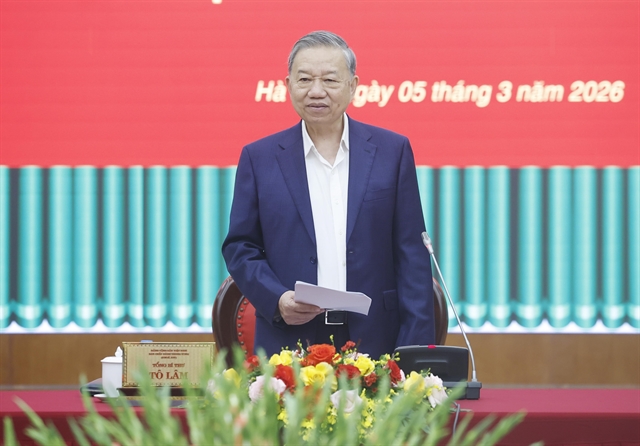
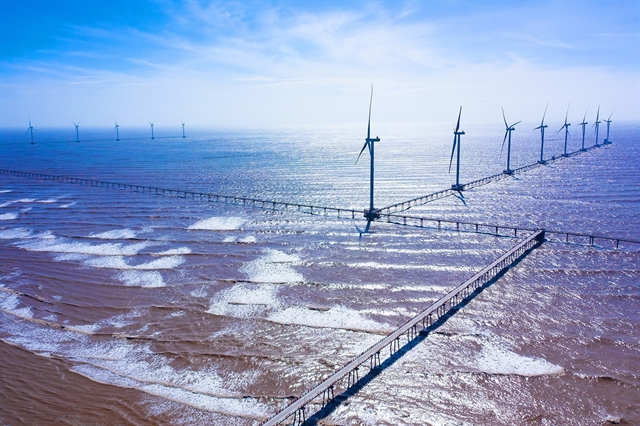 |
| Đông Hải I wind energy plant. VNA/VNS Photo |
HÀ NỘI - The Ministry of Natural Resources and Environment (MONRE) announced that the establishment of the Just Energy Transition Partnership (JETP) is underway and the plan was ratified by a Prime Minister decree.
The information was disclosed this week by Tăng Thế Cường, Director of MONRE's Department for Climate Change.
The Joint Energy Transition Partnership (JETP) political statement establishes an equitable energy transition partnership. It is a global partnership with the goal of energy transition, technological transformation towards green conversion, emission reduction, and the development of a low-carbon economy.
The implementation of the political statement establishing an equitable energy transition partnership is related to the functions and tasks of many ministries, sectors, localities, and the activities of enterprises. The international partners are interested in and highly appreciate Việt Nam's efforts regarding the establishment of an equitable energy transition partnership. Each partner has its own priorities and expectations for the Resource Mobilisation Plan (RMP).
In addition, MONRE has coordinated with relevant ministries and agencies, along with consultation from the members of the International Partners Group (IPG), to draft the Resource Mobilization Plan for the implementation of the political statement establishing an equitable energy transition partnership. The plan outlines a roadmap to achieve the goals of an equitable energy transition and mobilize the necessary financial resources.
The Prime Minister approved the National Power Development Plan for the 2021-2030 period, with a vision to 2050 (Power Plan VIII) on May 15. Additionally, the Comprehensive National Energy Plan for the 2021-2030 period, with a vision to 2050, was approved on July 26. There is also an action plan for the implementation of the political statement establishing an equitable energy transition partnership.
The plan outlines specific objectives for 2030 and the period beyond 2030, with ten key task groups: improving the institutional and policy framework for promoting energy transition, promoting the shift from coal to clean energy, developing the renewable energy industry and services ecosystem, promoting energy efficiency, upgrading the power transmission and distribution system, accelerating the development of a smart grid system and energy storage system, transitioning to green energy and reducing greenhouse gas emissions in the transport sector, innovation, technology development, and ensuring equity in the energy transition, communication and raising awareness, and promoting cooperation and resource mobilisation for an equitable energy transition.
The plan lists 48 specific tasks and three priority task groups for the implementation of the political statement establishing an equitable energy transition partnership from now until 2025, including projects in the categories of power transmission and distribution network investment, energy storage, small hydropower projects, and offshore wind power development. VNS

